What is the difference between IC and microprocessor?
Introduction:
Integrated circuits (ICs) and microprocessors are both essential components of modern electronics, but they serve distinct purposes and have different functionalities. This article aims to clarify the differences between ICs and microprocessors and highlight their respective roles in electronic systems.
Integrated Circuits (ICs):
ICs, also known as microchips or chips, are miniaturized electronic circuits that integrate multiple electronic components onto a single semiconductor material, typically silicon. ICs can contain a wide range of components, such as transistors, resistors, capacitors, and diodes, which are interconnected to form a functional unit. ICs serve as building blocks for electronic systems, enabling various functionalities depending on their design and purpose.
ICs come in different types, including digital ICs, analog ICs, memory ICs, and mixed-signal ICs. Digital ICs are primarily used for digital signal processing, logic operations, and data manipulation. Analog ICs handle continuous signals, enabling functions such as amplification, filtering, and voltage regulation. Memory ICs store data and program instructions, providing the ability to retain and retrieve information.
Microprocessors:
A microprocessor is a specific type of IC that functions as the central processing unit (CPU) of a computer or electronic device. It is essentially a programmable logic device capable of executing instructions, performing calculations, and managing data flow. Microprocessors are designed to process and control digital information, enabling the operation of various software applications and executing tasks according to specific instructions.
Microprocessors consist of an arithmetic logic unit (ALU), control unit, and registers. They fetch instructions from memory, decode them, and execute the necessary operations. Microprocessors can handle multiple tasks simultaneously through the concept of multitasking or multiprocessing, making them highly versatile and capable of powering a wide range of electronic devices.
Difference between ICs and Microprocessors:
The primary distinction between ICs and microprocessors lies in their functionality and purpose. ICs are broad categories of integrated circuits that encompass various types and serve different functions. They can include microprocessors as one of their components but are not limited to them.
Microprocessors, on the other hand, are specific types of ICs that function as the central processing units of computers and electronic devices. They are responsible for executing instructions and performing calculations, playing a critical role in digital processing and control.
While ICs can perform a wide range of functions, including digital processing, memory storage, signal amplification, and voltage regulation, microprocessors focus specifically on digital data processing and control tasks.
Conclusion:
ICs and microprocessors are integral components in modern electronics, with each serving a specific role. ICs encompass a wide range of integrated circuits that perform various functions, including digital processing, memory storage, and signal amplification. Microprocessors, a specific type of IC, serve as the central processing units of electronic devices, executing instructions and performing calculations. Understanding the distinction between ICs and microprocessors helps in comprehending their unique contributions to the functionality and performance of electronic systems.

















